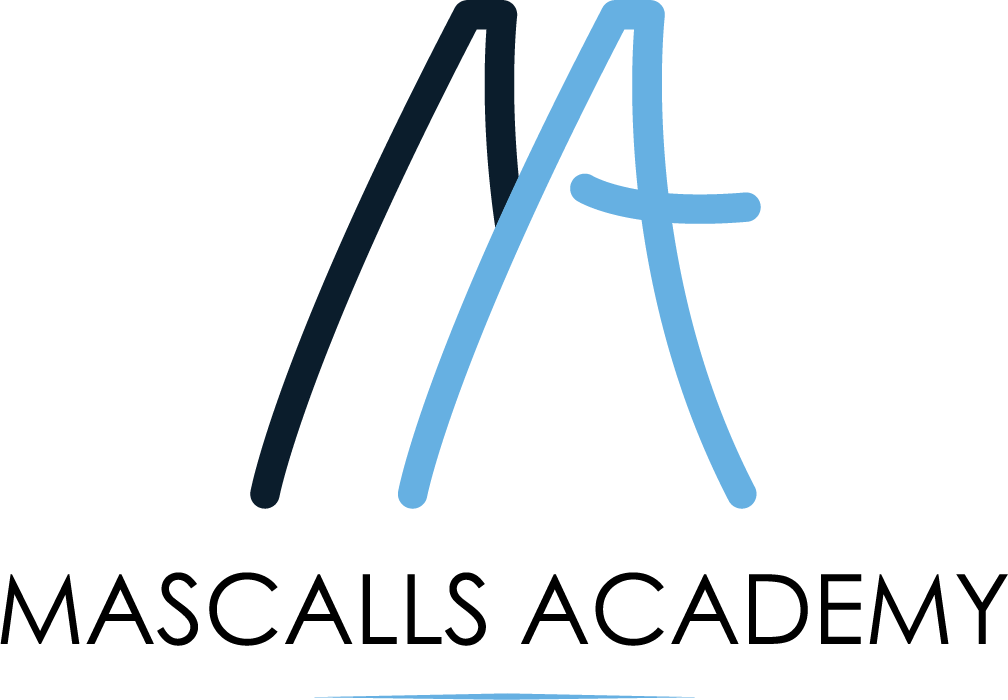To enable you to:
- Develop your ability to read, understand, enjoy and respond to all types of text; recognise and appreciate the ways in which writers achieve their effects; develop information retrieval strategies for the purposes of study.
- Develop your ability to construct and convey meaning in written language using appropriate grammar, matching style to audience and purpose.
- Develop the awareness of personal, social and cultural significance in the study of literature.
We currently offer both English Literature and English Language courses.
These two courses cover:
- Spoken Language. (Internally assessed)
- Reading. A wide variety of texts including media texts and a variety of genres. Fiction and non-fiction. Poetry, prose and drama, including a play by Shakespeare and other pre-twentieth century texts.
- Writing. Technical aspects of English (spelling, punctuation and text organisation), creative writing, writing specific audiences and purposes, informative, persuasive and analytical writing, response to literature.


